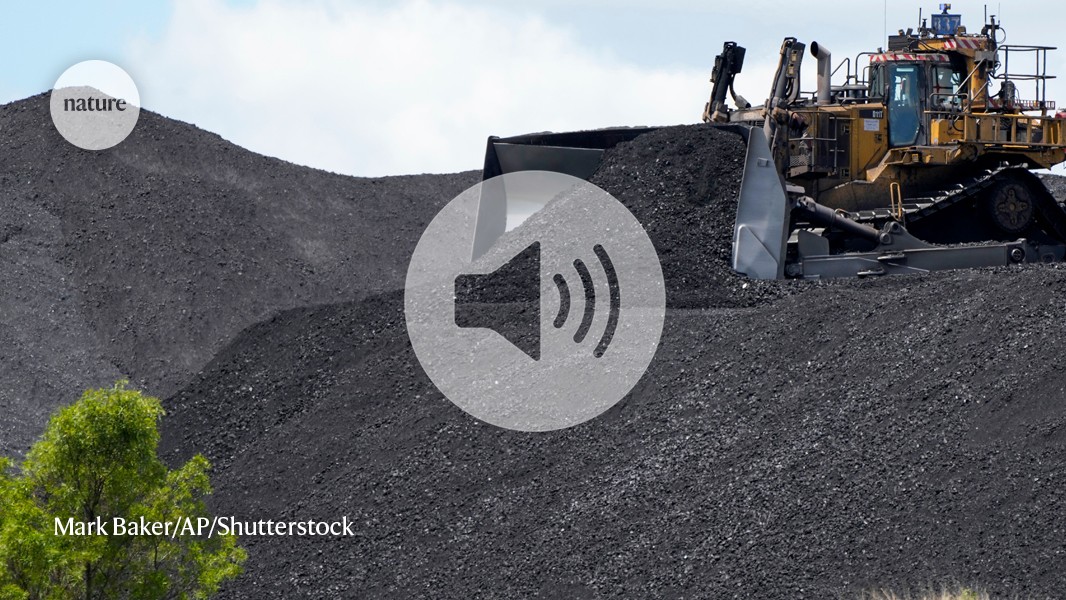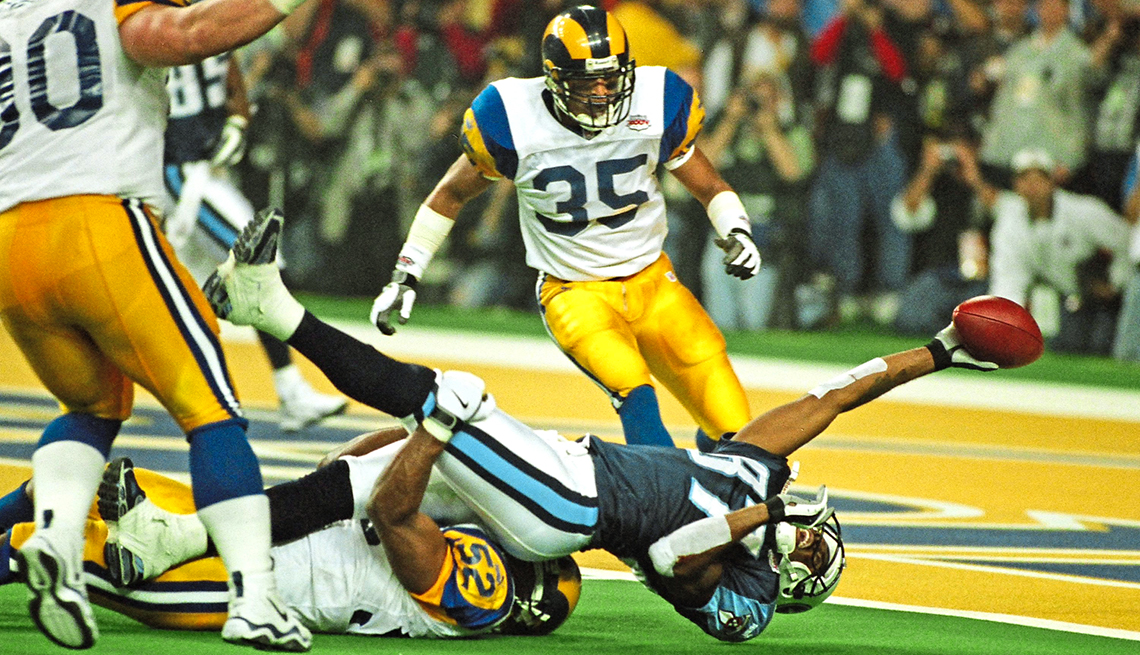
- Select a language for the TTS:
- UK English Female
- UK English Male
- US English Female
- US English Male
- Australian Female
- Australian Male
- Language selected: (auto detect) - EN
Play all audios:
Michael Gove is a man of high intelligence, great ability and an outstanding public servant. He is also as decent a person as you will find in politics. Yet his admission that before he
entered public life, some 20 years ago, he was an occasional user of cocaine (a Class A drug) now threatens to derail his leadership campaign. That would be a pity: not only for him, but for
his party and, perhaps, the country. Full disclosure: Gove is a friend. Indeed, he was my successor as an Assistant Editor of _The Times_, responsible for the comment page or “Op-Ed”. That
was in 1998, when he was a rising star in journalism and, so we now learn, moving in circles that used recreational drugs. That was certainly not the case at _The Times_. Nor were narcotics
normal at the _Daily Telegraph_, where I became Associate Editor — although the paper ran a campaign in favour of decriminalising them. Among the journalists I knew, particularly those of a
conservative disposition, the drug of choice was claret rather than cocaine. It might conceivably have been different among the wealthy young Tory modernisers, but I did not know them in
those days. Why does it matter now? The charges against Gove are threefold. First, that he committed a criminal offence for which he could have gone to prison. Secondly, that he is guilty of
double standards. Thirdly, that he lied, for example on US visa forms. Any or all of these accusations — that he is a criminal, a hypocrite or a liar — disqualify him as Prime Minister, it
is suggested. Let us consider them in turn. As far as the deed itself is concerned, Gove himself has apologised on air. He told Andrew Marr: “It was a crime. It was a mistake. I deeply
regret it.” He has acknowledged the damage done by drugs, including knife crime. As a notably liberal Justice Secretary, he saw the purpose of the law not only as punitive but as a means of
rehabilitation and redemption. He is right that “people should never be defined by the worst decision that they’ve made”. And although some crimes cry out for retributive justice,
experimental cocaine use two decades ago is surely not one of them. Gove’s very public shaming is punishment enough. The charge of double standards and hypocrisy will weigh more heavily with
other MPs and especially Conservative Party members. As Education Secretary, Gove is alleged to have imposed a lifetime prohibition on teachers who had been convicted of Class A drug use or
possession. He denies that he was personally responsible for this ban, which was introduced by the National College for Teaching and Leadership, but he cannot deny writing an article for
_The Times_ that condemned cocaine use during the period when he admits he was a user. Yet how serious is this accusation? Who has not sometimes advocated one thing and done another? “He
that is without sin among you, let him cast the first stone.” There is no evidence that Gove, during a long ministerial career, has demanded higher standards from others than he would expect
of himself. As for his _Times _article: what he wrote many years ago does not make him hypocritical now. He is no more a habitual hypocrite than he is a habitual drug user. It is possible
to embarrass almost any prolific columnist by quoting past writings — ask Boris Johnson. Finally, there is the charge that Gove is not to be trusted because he lied. There is no evidence
that he deliberately misled anyone. Can he really be blamed for remaining silent about a youthful indiscretion? Baroness Warsi seems to think so. She insists that “it cannot be that we have
somebody who is now mired in this issue of trust and hypocrisy feel that it is still appropriate for him to stand as leader”. The Baroness’s mangled syntax matches her muddled thinking.
There is nothing “inappropriate” about a seasoned and gifted politician, who has apologised for his past actions, throwing himself on the mercy of his colleagues and the public. But the
spectacle of old scores being paid off is unedifying, to say the least. Baroness Warsi has never forgiven Gove for instigating the so-called “Trojan horse” inquiry into Muslim radicalisation
in Birmingham schools. He has always taken a tough line on political Islam; she turned a blind eye to it. As a former party chairwoman, she ought to know that Conservatives are quite
capable of taking all aspects of a candidate’s record into account — and also the motives of his accusers. If Gove were to find himself in Downing Street in a few weeks, he would almost
certainly not be the first Prime Minister to have taken drugs. Sir Anthony Eden, for example, was taking so many prescription drugs at the time of the Suez Crisis in 1956 that he would now
be judged quite unfit for office. David Cameron has never denied occasional cocaine use before entering politics. Nor has Boris Johnson, though he adapted the Bill Clinton “I never inhaled”
excuse by claiming that “I sneezed and so it did not go up my nose”. It is therefore time to lay this confected scandal to rest. Nobody is scandalised and the only people who profess to be
so are those with malice aforethought. Let Michael Gove be judged, by all means, but let the basis of the judgement be his fitness for the highest office. Knowing him as I do, there is no
doubt in my mind that he is no less honourable than any of his rivals, and in some cases more so.








